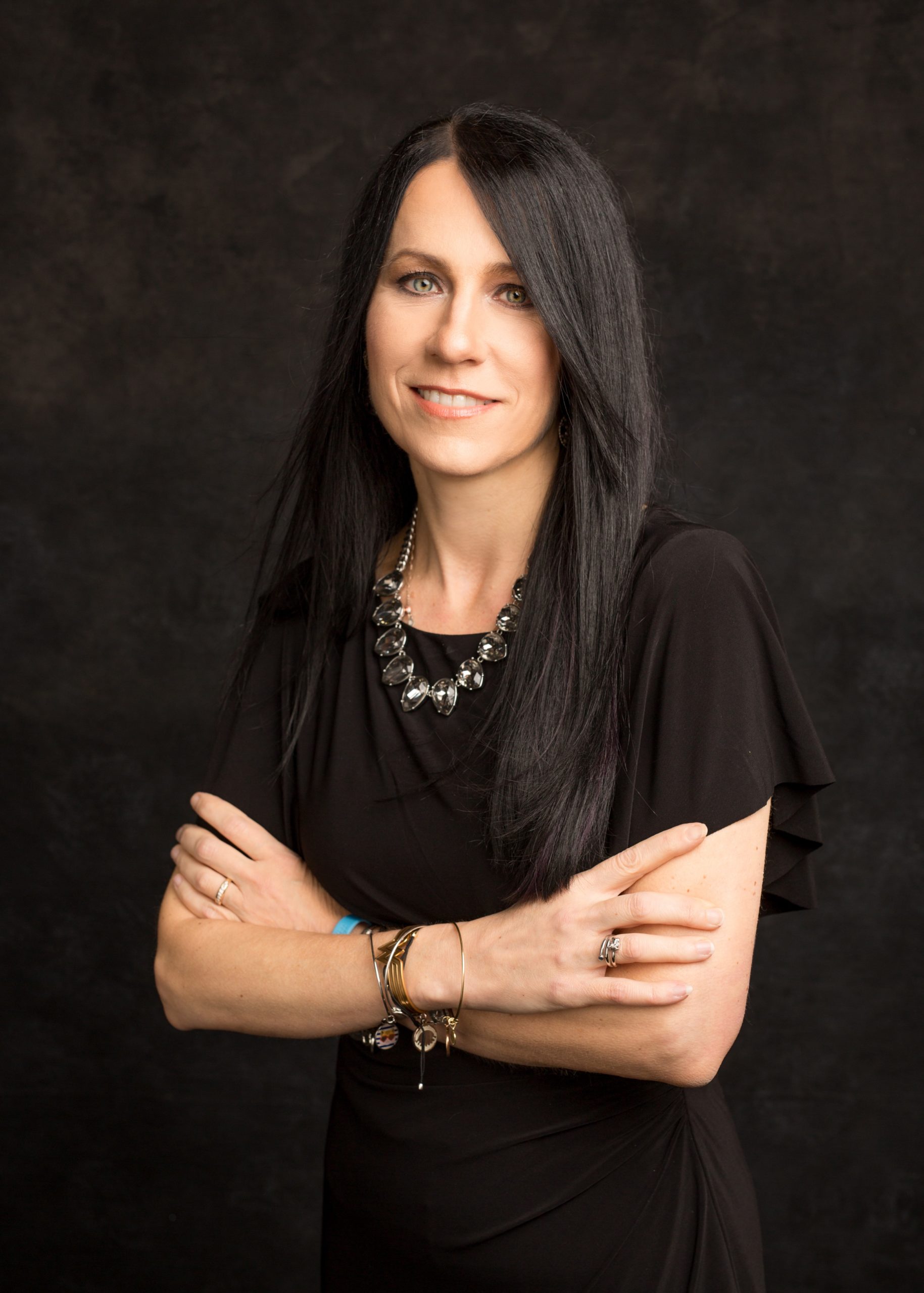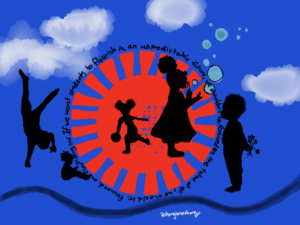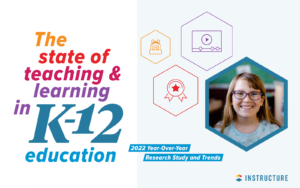How Can We Prepare K-12 Students for the Future?

By: Rachelle Dene Poth
In the discussion about skills that students need for the future, there are many things to consider. We can ask about student interests and have a good understanding of the current opportunities in the world for work and learning. However, we also need to continue to research and stay informed of changes happening and new trends and technologies that are evolving. Where do we start?
We can first look at the evolution of required skills over the past 10, 20 and 30 years to find some commonalities and use it to predict possible future needed skills. We could look for trends in technology and certain industries of work. By looking at how technology has changed the types of work and jobs that are available within any given industry, we can come up with a plan for the future and design the right learning experiences for our students.
Consider this: Think about book stores or shopping malls. Now we have so many online sites for people to purchase the items they want, without needing to set foot into a store. When it comes to books, we don’t even need a physical book any longer, we can quickly download it to our devices and access it at any time. Our purchases arrive at our home the very next day, if not the same day, depending on location.
Thinking back from childhood until my early 30s, I spent a lot of time in bookstores and record stores. Bookstores provided a space to sit and read or study or whatever you needed to do. It was a place to be social and to maybe enjoy coffee with colleagues or take time for yourself. But today it’s hard to find bookstores; many have closed over the past few years, which means there are employees who have been replaced across the world because of online sellers. It also means a loss in jobs replaced by automation. Shopping malls, especially in smaller towns, are also losing tenants because the stores cannot compete with the ease of buying online.
Newspapers have downsized either the amount of information in the papers has decreased or stopped production completely. These are just a few examples that I think of where new technologies have greatly impacted the world of work. How much more will technology seemingly replace the need for humans and human skills? What impact will automation have on our students? How do we prepare to be ahead of technology?
Preparing for the Unknown by Working Together
First, we prepare students by helping them to understand the technology and the potential impact it has on our future. We need to take a bigger step and help students to become the designers of the technologies for our future. We need to encourage students to create new ideas, find problems to solve and create problems to explore. We need to work together to provide learning opportunities within our classrooms, our schools, and our communities, where students get to experience different types of learning. Sometimes even taking on something new that’s outside of their comfort zone, and likely outside of ours as educators, too. We need to encourage students to explore new areas, even if they initially express a lack of interest. We should give students the same opportunities to explore and see if something else out there sparks curiosity or leads them to learn more and build skills in a new way.
Ideas to Start
To better understand the changes happening in the world, we need to take chances with experiential learning, place-based learning or working on community service projects. These can provide more real-world opportunities for students to develop skills on their own.
A few ideas:
- Have students create a business based on the content area, specific topic or thing. Set some guidelines. For example, if students are studying the 18th century, they likely won’t launch a social media campaign. Having these types of guidelines will push them to think creatively, problem-solve and collaborate to come up with new ideas. Maybe the next step is then changing one fact about their project, maybe it occurs in a different country, in a different time, on a limited budget. These changing variables will push students to look at learning as an ongoing process.
- In many schools across the country, courses are being offered on entrepreneurship, project-based learning, innovation, or some variation of these. Students are creating their own podcasts, designing their own clothing or creating their own brand of something innovative. Fostering these types of activities will keep students actively pursuing new ideas and help them to be flexible when it comes to changing technologies and the world of work.
- Connect students with some of the learning opportunities available through edtech companies such as Google and Flipgrid or organizations such as StartEdUp Foundation and Remake Learning. Earlier this summer, Google announced a certification program for high school students to become certified in GSuite tools. Flipgrid partnered with Find Your Grind to provide career decision-making resources to students. Students can take a lifestyle assessment and find out which careers might match their interests.
By exploring the work being done by Don Wettrick with StartEdUp, educators can find podcasts and other resources to learn how to provide these innovative learning opportunities to their students. Students can sign up for free events through the foundation, which will have locations in six cities. Remake Learning provides a wealth of resources in its playbook, blogs, online forums as well as local and national events.
Think about all of the resources we have available to us with things that don’t even require us to interact with humans. We can arrange food delivery, purchases from Amazon, or have questions answered about our technology troubles. These are the ideas that led to a change in the way work is done. We need to give students opportunities to manage big projects, to look at problems and to come up with solutions, especially out of the box solutions, and try new things.
For more, see:
- Leadership and Design Skills Chart the Future of Work
- Preparing Young People for Tomorrow’s World of Work Today
- How Are We Training Today’s Students for the Growing Gig Economy of Tomorrow
Stay in-the-know with innovations in learning by signing up for the weekly Smart Update.







0 Comments
Leave a Comment
Your email address will not be published. All fields are required.